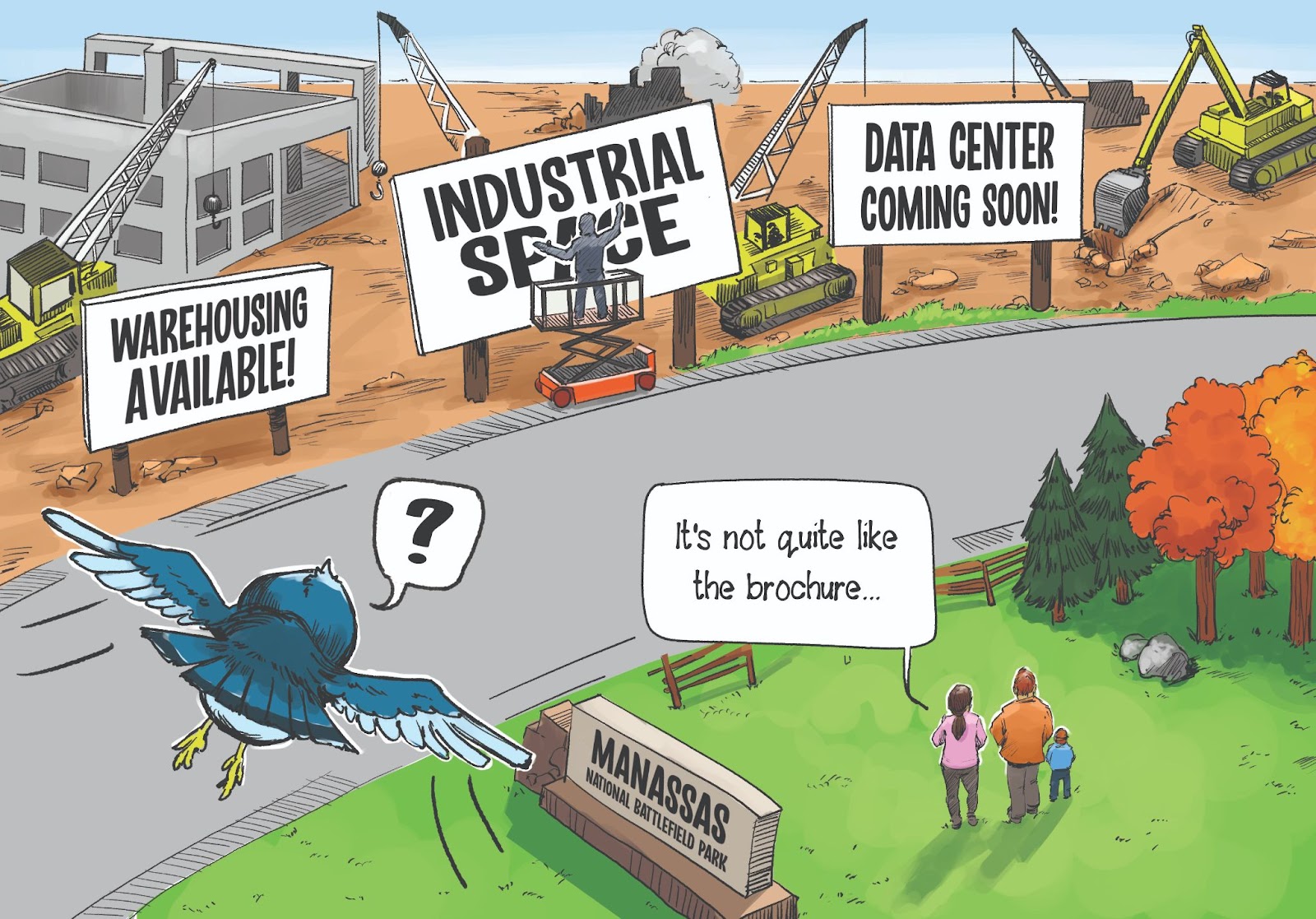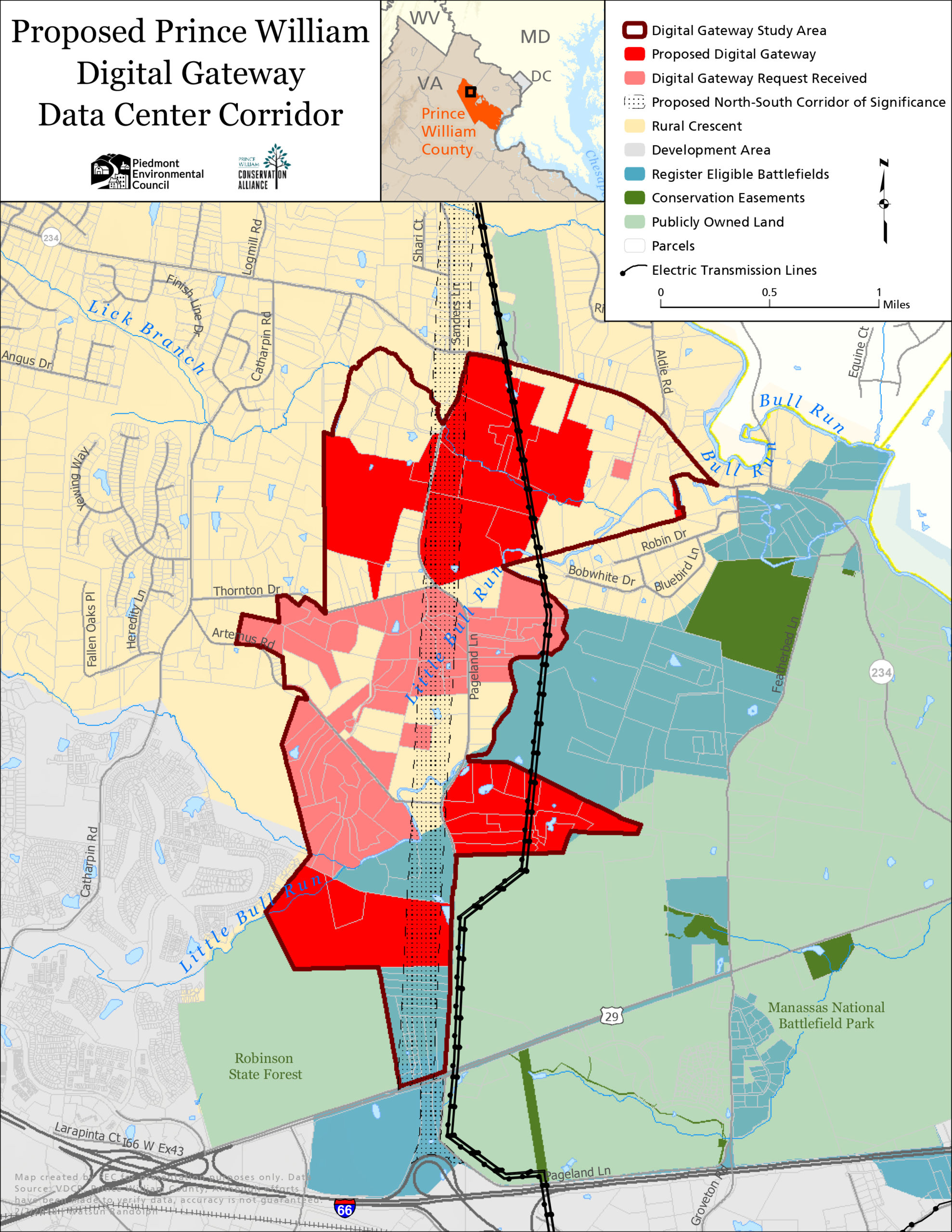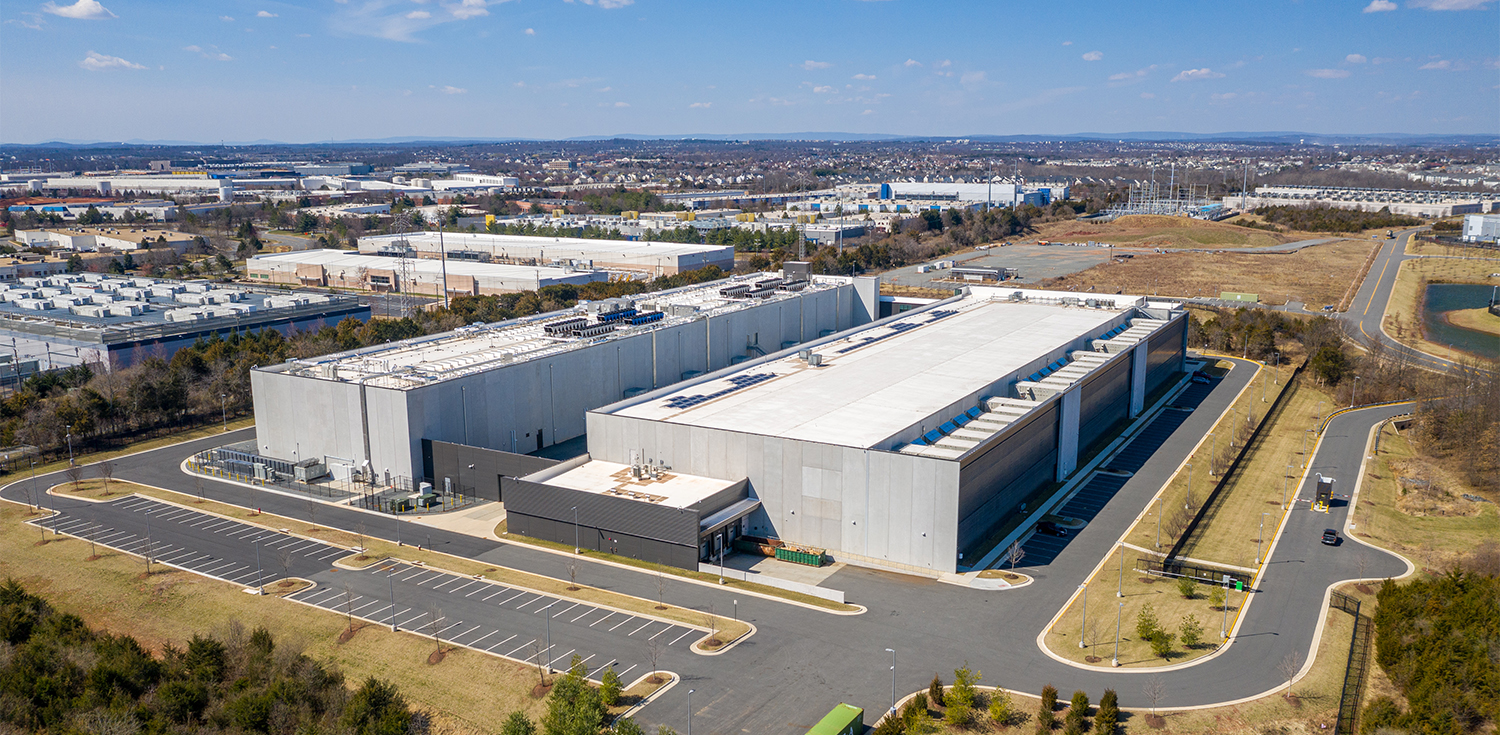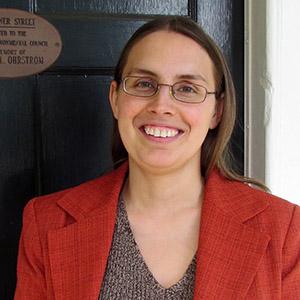The following text was sent out via PEC email alert. To sign up for alerts visit: pecva.org/signup

Dear Supporter,
As PEC’s deputy director of land use, I am writing to let you know about several local issues that have both regional and national implications.
Put simply, the rural area of Prince William County, also known as the “Rural Crescent,” is under threat. Three different proposals are being considered, each unique in scope, but together represent the urbanization and industrialization of the remaining rural lands in Prince William County. The future of farming and tourism in the region, as well as critical historic, water, natural and scenic resources, including Prince William’s two national parks, is at risk. In fewer words, the destruction of the Rural Crescent.
I’ve provided a quick summary of the issues below, and an invitation to join us on November 10 in Gainesville to learn more.
1. Converting rural lands to a “digital gateway”

The first proposal is a significant amendment to Prince William’s comprehensive plan, brought to the county by landowners on Pageland Lane who want to be able to sell their rural properties to data center and other industrial developers for profit. Called the “Digital Gateway,” their application would convert 2,139 acres of agricultural land along Pageland Lane from Manassas National Battlefield Park at Rt. 29 up to Rt. 234. The proposed technology/flex zoning would allow all of the land along Pageland Land to be used for a wide variety of industrial uses, including warehousing, heavy and intensive manufacturing, and data centers.
To accommodate this land use change, Pageland Lane would need to be widened to accommodate large trucks and increased traffic. This would complete a piece of the long sought-after Rt. 234 Bypass North Extension (removed from Prince William’s thoroughfare plans in 2015 due to significant opposition), which would connect Pageland Lane to I-66 and the new industrial corridor up to Dulles Airport.
Why it matters: If this amendment goes through, it could decimate the visitor experience at Manassas and destroy much of the tourism economy that Prince William enjoys today. Pageland Lane would become a costly, major thoroughfare with heavy truck traffic from I-66 and Dulles Airport. This would open up the rural areas to further industrial growth.
2. Data Center Opportunity Zone Overlay

The second proposal is a county-led effort to evaluate the pros and cons of expanding the Data Center Opportunity Zone Overlay. This is a zoning change that could allow data centers in the rural areas of the county. One site that will most likely be included is 160 acres within the legislative boundary of Prince William Forest Park, the second most pristine forest among national parks in the eastern United States. It is unknown at this point what other areas or how much acreage will be targeted. View our story map
Why it matters: Expanding the overlay would, at its best, impact the pristine natural resources of a beloved national park, and at its worst, severely degrade drinking water in Quantico Creek, the agricultural and tourism economy of the county (together, the two national parks contribute $120 million), and critical wildlife habitat throughout the entire Rural Crescent. Further, allowing data centers in parts of the Rural Crescent not currently served or underserved will require taxpayers and ratepayers to subsidize massive infrastructure investments for transmission lines and water lines in those areas.
3. Comprehensive Plan Update

The third proposal is the county-led Comprehensive Plan Update, which will include future land use planning, sewer expansions and road planning. Very little has been released about what is included in this future plan, but the county has tentatively scheduled the planning commission’s public hearing for the land use chapter for March 2022, with road planning to start in April.
Why it matters:The future land use details of the comprehensive plan will shape the reality, and infrastructure investments, of Prince William County for the next 20 years and beyond. Anything less than full transparency to the public could be a matter of subsidizing developers’ profits to the detriment of quality of life for residents and visitors.
Join us on November 10 to learn more
PEC is working with a coalition of nonprofit organizations to help bring attention to these changes and to advocate for the protection of the county’s most treasured recreational and tourism amenities. We invite you to join us to learn more about these threats and what you can do to protect your community on November 10 at The Winery at Sunshine Ridge Farm.
Smarter Growth and Sauvignon: A Conversation About Industrial Development in Rural Prince William
November 10 from 5:00 p.m. – 7:00 p.m.
The Winery at Sunshine Ridge Farm
Representatives from sponsoring organizations will share information and answer questions regarding these troubling proposals and their significant impacts on our green open space, national parks, farmland, drinking water, and the availability of funds to address infrastructure needs in underserved areas.
Sponsoring organizations include:
- Prince William Conservation Alliance
- The Piedmont Environmental Council
- National Parks Conservation Association
- Virginia Native Plant Society
- American Battlefield Trust
- Sierra Club
- Virginia Piedmont Heritage Area
Public engagement on these major decisions is critical. Once Prince William begins to erode its rural areas, these areas will become harder and harder to protect as the county becomes steadily consumed by creeping industrial growth. Residents must encourage the county to focus investment on existing communities rather than infrastructure to support speculative proposals in rural areas.
I hope to see you on November 10 to discuss what you can do to make your voice heard!
Sincerely,
Julie Bolthouse, AICP
Deputy Director of Land Use
jbolthouse@pecva.org

Get more information:
- Read our article: Rural Crescent Under Threat in Prince William County
- View our StoryMap: Is that a Data Center in the Fields?
- Watch a July 2021 press conference on data center impacts to the Rural Crescent
- Learn more at the Grow Smart Prince William website
